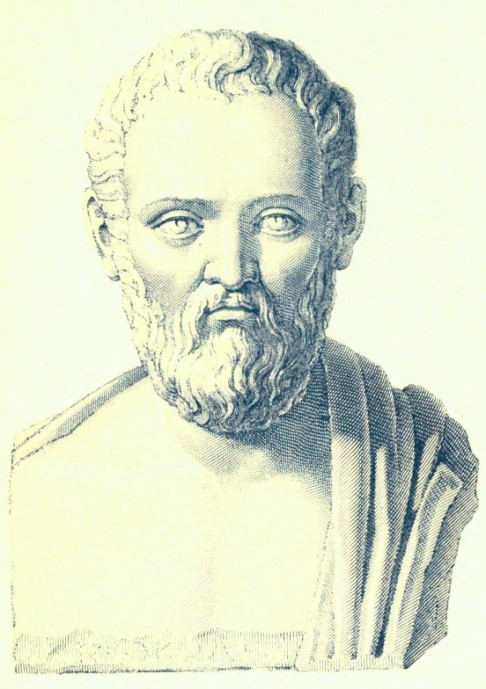Other than war, few things fire nationalist sentiments in a society quite like sport. On June 27 2010, as the English football team were being thrashed by Germany in the World Cup in South Africa, England’s fans chanted: “Two world wars and one world cup … two world wars and one world cup!”
As pacified contests, sports generate all the emotions of national attachment in a manner that is generally benign and fun. Yet major sporting events also offer opportunities for those seeking to mobilise national identity in a more aggressive way – as The Sun newspaper recently reminded us with its free “Historic Edition”, dispatched to 22m homes in Britain last month.
Make no mistakes about the official prompt of this paper being the start of the World Cup – this is quite visibly a deliberate political publication, the latest effort by the UK’s highest circulation newspaper to shove popular understandings of national identity in its preferred direction. The effort is hardly covert, with the front cover emblazoned with the words “THIS IS OUR ENGLAND” superimposed over the faces of 117 individuals the Sun deems personal embodiments of “the essence of England today”.
The paper’s contents offered an unusually sustained illustration of English nationalism as interpreted by Britain’s tabloids. It’s not a pretty picture. After a superficially worthy iteration of that now trite sentiment of British politicians, public intellectuals and commentators that national pride needs to be “reclaimed” from the “small-minded” and the “racist”, the following 21 pages provided a tour de force in national chest-thumping that could barely do more to put its small-mindedness and contempt for the rest of the world front and centre.
Pride and prejudice
Particular “highlights” included the blaring headline declaration, which filled half of page 9: “No one else on the planet comes close to our genius”. As Sun columnist Tony Parsons explained: “For centuries we have entertained and enlightened the rest of the planet” – in part by being “a warrior race that has stood up to oppression and tyrants throughout history (often with the help of our neighbours in Scotland, Ireland and Wales)”. The silent effacing from the nation’s historical consciousness of the way England was typically seen as being the oppressor and tyrant in Scotland, Ireland, Wales and the rest of the world is almost Orwellian.
Rod Liddle, a former Labour supporter turned associate editor of the Spectator, likewise tells the Sun’s readers: “I’m proud of the fact that we invented almost everything that matters”. And like any good propaganda, the “Historic Edition” contains a range of pre-emptive broadsides against likely critics of this preening collective narcissism. Or, as Liddle prefers to label them: “white middle-class liberals in London who still think it’s a bit much to admit that you’re proud you’re English”.
One can ask whether this is all that remarkable, for the UK tabloids. But the past month of British politics has seen local and European elections produce massive gains for the Eurosceptic anti-immigration UKIP, the publication of a report on the gradual rise in levels of racial prejudice in Britainover the past ten years and a scare about Islamic extremism in British schools. And, as we know, this was followed by the row between home secretary, Teresa May, and the education secretary, Michael Gove – the latter coincidentally a major proponent of injecting more nationalist narratives into Britain’s history curricula.
And that is not to mention, of course, the ongoing campaign surrounding the Scottish independence referendum, and debates within Britain’s opposition Labour Party on the degree to which it needs to “reconnect with its roots” – an argument which is often used to justify the adoption of a more anti-immigration and Eurosceptic agenda.
Fraudulent and nasty
Some slow – yet important – shifts are occurring in the place of national identity in the UK. Instances of feverish demagoguery around Britishness and Englishness are evidently no longer confined to neo-fascist groups, but gradually being legitimated by major national newspapers, commentators and politicians.
This should worry us, because the English nationalism on display in the Sun’s Historic Edition is not fundamentally inclusive and quirky, merely defending a bit of pride in one’s country and blending this with a little of what The Sun would regard as “characteristic” British self-deprecation. It is a crowing and unabashed assertion of English superiority, unreconstructed from the Imperial era, deeply reliant on fraudulent history and denialism, and involving the ritualistic reproduction and invocation of racial stereotypes about “foreigners” (both in Britain and outside it).
And it is far from unique – more intellectual versions can be found in the templates suggested by Gove and historian Niall Ferguson for secondary school history courses focus on how “the West” triumphed over “the rest”. This is not a benign form of nationalism to counter that of “racists”, but largely a more marketable, more mainstream and correspondingly more dangerous version of far-right national narratives.
Of course, that is a notion that will be hysterically rejected by nationalist sympathisers, who will fall back on painting any critic as someone who conflates national pride with hate crimes. And the danger of this “tabloid nationalism” may also meet with scepticism from market liberals, who tend to assume that newspapers and politicians just follow the preferences of their respective “consumers”, rather than shifting society’s political and moral landscape.
Ignore it at our peril
It may be tempting to hope that this brand of mainstream but assertive English nationalism will follow the same trajectory as the England football team: producing low expectations of success, and then still failing to meet them.
But the truly radicalising shifts in a society’s ideological environment are rarely an obvious march-on-Rome-style coup by a self-consciously extremist movement. Instead, ideas which may originate in an extremist fringe penetrate into the mainstream by being spoken with all the trappings of moderation and “common sense”.
That’s not to say that this sort of thing appeals to everyone – the Historic Edition was assuredly fast-tracked by many people to the recycling box. But for a substantial group of people, nationalist rhetoric and ideas satiate intense desires to feel good about oneself. They provide alluringly simple stories of society’s problems and how they should be solved – stories replete with thrilling heroes: sportsmen, soldiers, and sexy celebrities; and equally compelling villains: European bureaucrats, immigrants, bankers, and mainstream politicians.
These desires are only strengthened in our increasingly complex, centrifugal and fragmented modern democracies. Yet those very forces of modernity which reinforce the psychological and strategic attractiveness of political nationalism also render it more dangerous. Aside from exacerbating social tension and discrimination, it fundamentally relies on an ideological core of ignorance, denial, and misinformation, one that not only denigrates most of the world’s peoples but is also fatal to a society’s capacity to steer itself effectively through political challenges and crises. The rest of the political mainstream ignores it at its peril.
This article originally appeared in the Conversation on the 1st of July.









No Comment